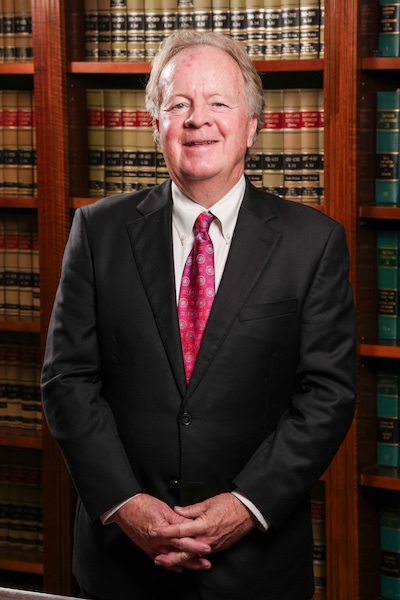 There is tendency for people injured in Maryland auto and truck accidents to see the police report and if it is favorable to their point of view, then think their case is a certified winner. Sometimes this is so but often it is not. Here's why:
There is tendency for people injured in Maryland auto and truck accidents to see the police report and if it is favorable to their point of view, then think their case is a certified winner. Sometimes this is so but often it is not. Here's why:
1). Unless the police officer witnessed the actual crash in its entirety their conclusions as to the ultimate cause are inadmissible hearsay. They may arrive at their conclusions based upon eyewitness testimony from the crash partcipants or other witnesses and/or from physical evidence present in the aftermath of the crash but causation opinions remain hearsay.
2). In catastrophic collisions the injured victims are often unable to provide their description of the crash to investigating officers at the scene and often the first version heard by officers gains primacy whether its accurate or not. Officers are busy and the quickest path to completing their work is sometimes one that doesn't contemplate tracking down badly injured people at the hospital to get their version of events.
3). Sometimes " independent witnesses" have agendas and sometimes truly independent witnesses tire of waiting at the scene of the crash for long periods of time before police arrive.
4). Officers are not judges or lawyers and may not be aware of concepts such as the " boulevard rule" which essentially makes vehicles going straight on the " boulevard" not at fault as compared to vehicles turning on to the " boulevard".
5). Officers are very busy with things that they perceive as more important than writing up car or truck crashes and consequently make mistakes or neglect to preserve important information. They are just human.
6). Some people lie well and very few officers have the time or energy to peer too deeply into people's stories.
So, be aware that useful information can be garnered from police reports but don't expcet perfection.

